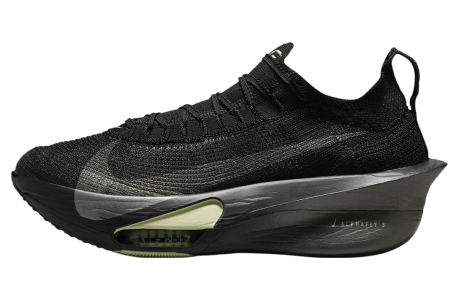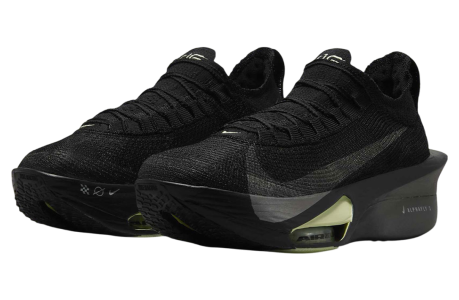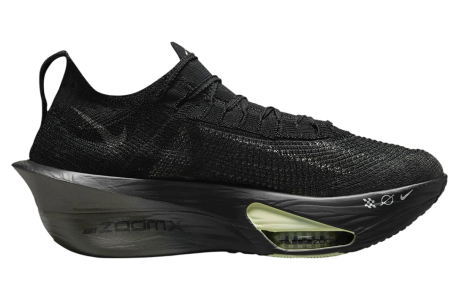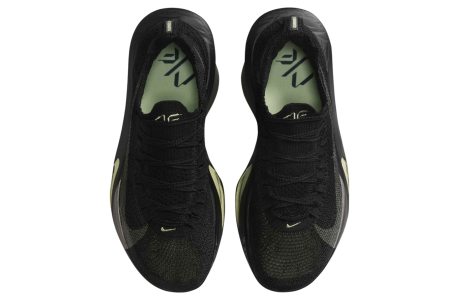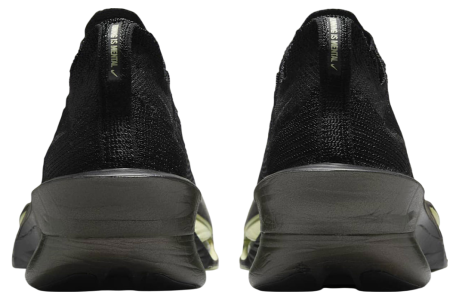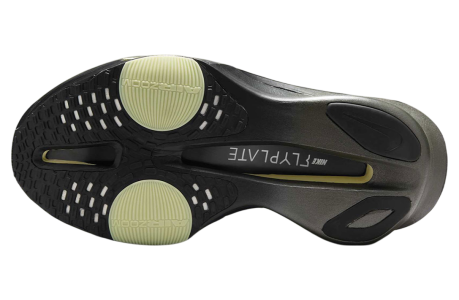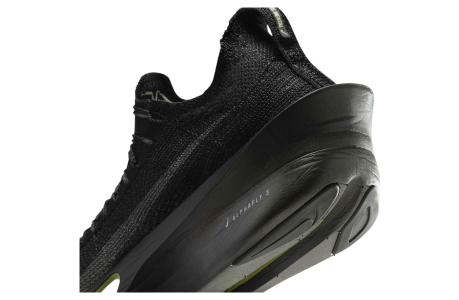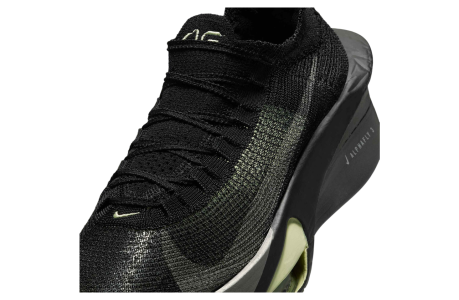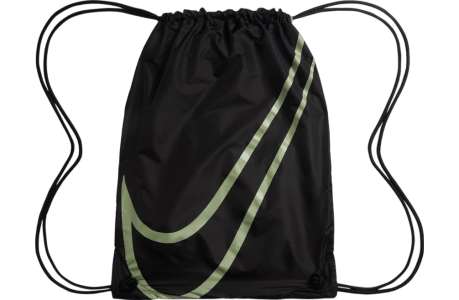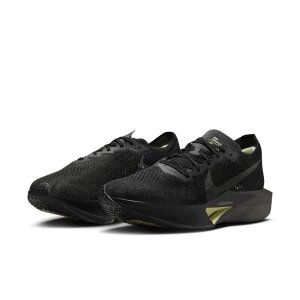via: https://www.wired.com/story/live-from-the-berlin-marathon-you-cant-outrun-bad-weather/
Thick Air and Slippery Turns
From the start, Kipchoge, wearing a white singlet, black half-tights, and red shoes, tucked in behind the three elite pacers, who had been asked to lead the fastest athletes to halfway in a previously unthinkable split time of 60 minutes and 50 seconds. The rain soon became intense, and it became obvious that nobody was going to run so fast for the first half. Simply turning a corner required care and concentration. Every time the lead pack did so, they slowed considerably. As the rain intensified, Gideon Kipketer, the rangy pacemaker (and Kipchoge’s training partner) screwed his face up into the weather.
The lead pack, which included not just the three big names but the Ethiopian debutant Adola and the Kenyan Vincent Kipruto, made halfway in 61:30, a second or two outside world record pace. In the conditions, it was an excellent split. The weather also started to lift a little, and Kipchoge looked increasingly comfortable.
Bekele, though, was dropped from the lead pack at halfway, unable to live with the pace. He did not finish the race. By 17 miles, only one pacemaker had survived—Sammy Kitwara. He dropped out at the 30-kilometer (18.6 mile) mark, and so—to everyone’s surprise—did Wilson Kipsang, clutching his stomach.
Almost everyone was suffering. Not only was the road slippery, but the athletes’ clothes were sticking to the skin, and—most importantly—all the runners would have found it hard to regulate their temperature. One of the limiting factors in marathon running is an athlete’s ability to dissipate the heat generated while synthesizing the energy needed to run so fast. Mostly, body heat is lost through sweating. But, the thicker and warmer the air, the harder that process becomes.
For the final seven and a half miles, it was Kipchoge, the master, versus Adola, the newcomer. Adola, who is taller and has a scruffier gait, seemed relaxed, and Kipchoge looked actively irritated by the close attention the Ethiopian was paying him. Kipchoge asked Adola more than once to move either in front or behind him. Adola continued as he was, shoulder to shoulder with the senior man. As they jostled, the world record drifted away. At the 35-kilometer (21.7 mile) marker, Kipchoge was around six seconds outside world record pace. But, oddly, it was at this moment that Kipchoge began to smile. Battle was joined.


 )
)








